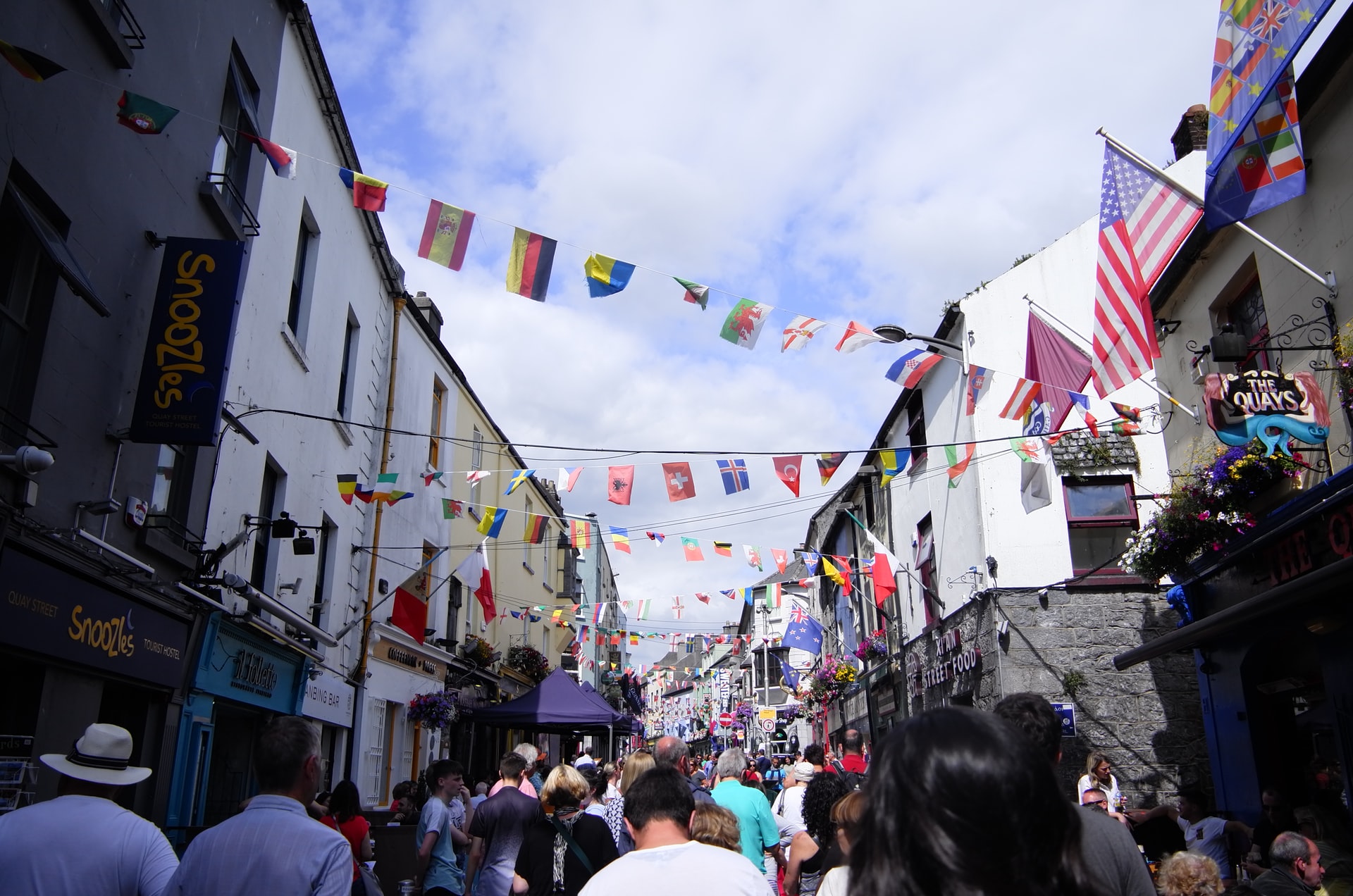
I know a town tormented by the sea,
And there time goes slow
That the people see it flow
And watch it drowsily,
And growing older hour by hour they say,
‘Please God, to-morrow!
Then we will work and play,’
And their tall houses crumble away.
This town is eaten through with memory
Of pride and thick red Spanish wine and gold
And a great come and go;
But the sea is cold,
And the spare, black trees
Crouch in the withering breeze
That blows from the sea,
And the land stands bare and alone,
For its warmth is turned away
And its strength held in hard cold grey-blue stone;
And the people are heard to say,
Through the raving of the jealous sea,
‘Please God, to-morrow!
Then we will work and play.’
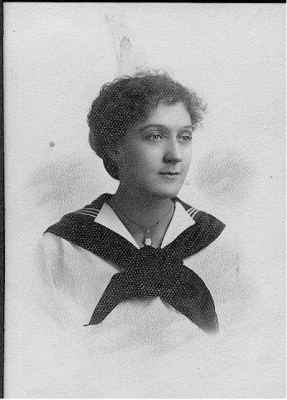
Mary Devenport O'Neill was born in Loughrea county Galway in 1897. She was educated in Dublin at a Dominican convent on Eccles Street.
She then studied art at the Metropolitan School of Art from 1898 to 1903. In the summer of 1908, she married fellow-writer, Joseph O'Neill.
They bought a home in Kenilworth Square, Rathgar, Dublin where they hosted a weekly literary salon. Two of the well-known attendees of these
events were Æ and W.B. Yeats. Devenport O'Neill became involved in the Irish literary revival and published frequently in The Dublin Magazine
and The Irish Times. Her poems were published in a volume title Prometheus and other poems in 1929. Afterwards, she focused on
the Modernist style and wrote many plays. Bluebeard (1933) and Cain (1945) premiered at the Lyric Theatre Company in Dublin.
Devenport O'Neill and her husband moved to Nice in France in 1951 for their health. They returned to Dublin in 1953, where she remained until her death in 1967.
Though she spent much of her life outside of her home county, the poem 'Galway' clearly shows Devenport O'Neill's affinity with the city.
Learn more about the author here.
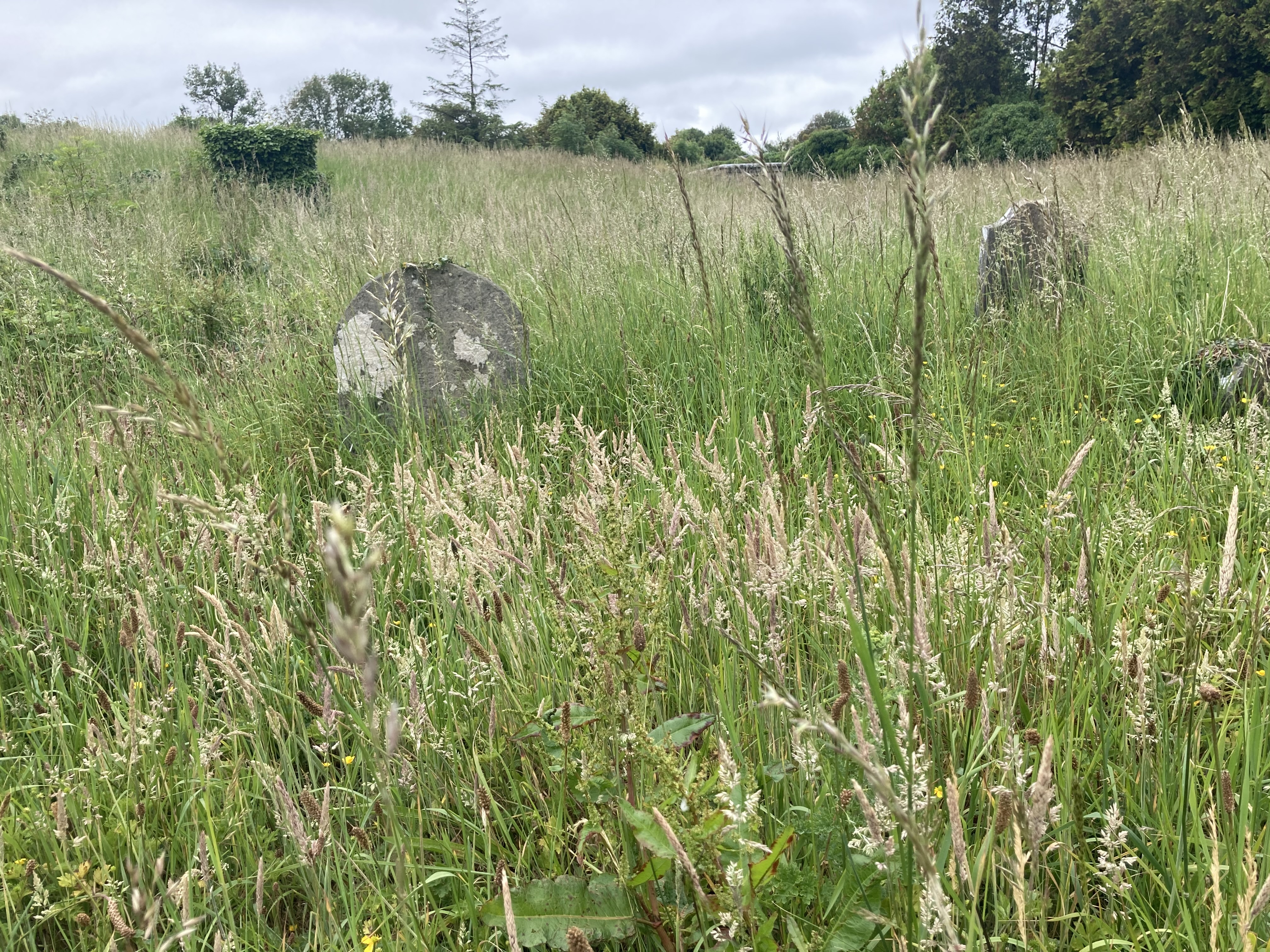
Rain on Rahoon falls softly, softly falling,
Where my dark lover lies.
Sad is his voice that calls me, sadly calling,
At grey moonrise.
Love, hear thou
How soft, how sad his voice is ever calling,
Ever unanswered, and the dark rain falling,
Then as now.
Dark too our hearts, O love, shall lie and cold
As his sad heart has lain
Under the moongrey nettles, the black mould
And muttering rain.

James Joyce was born in Rathgar, Dublin in 1882. His family was originally well off, but his father struggled with alcoholism, which impacted their fincances.
Joyce attended Jesuit schools throughout his youth (depending on when his father could pay the tuition), and had a strong religious bent.
He broke with his Catholic roots as a teenager. This struggle with religiousity and atheism appears in many of his works. In fact, he documented
his youth in his first published novel Portrait of the Artist as a Young Man (1914).
Joyce enrolled in UCD in 1898 to study English, French, and Italian. Upon graduation, he moved to Paris to study medicine. He returned to Dublin later in
1903 to attend the bedside of his dying mother. This period of his life, after his mother's death, is documented in his famous novel Ulysses (1922).
On 16 June 1904, he met Nora Barnacle, his long-time lover and eventual wife. Barnacle grew up in Galway city and had lost two former sweethearts in her teens.
Her tragic love stories inspired Joyce's poem 'She Weeps Over Rahoon'. This is also a main plot point in Joyce's short story 'The Dead' (Dubliners).
James and Nora left Ireland in 1904. They spent the rest of their lives living abroad in Trieste, Paris, and Zurich. They had two children, George and Lucia.
Joyce's final novel, the largely stream of conscious Finnegan's Wake was publised in 1939 to mixed reviews, though now may be interpreted as a remaking of the Englihs language.
He died in Zurich in 1941. Learn more about the author here.
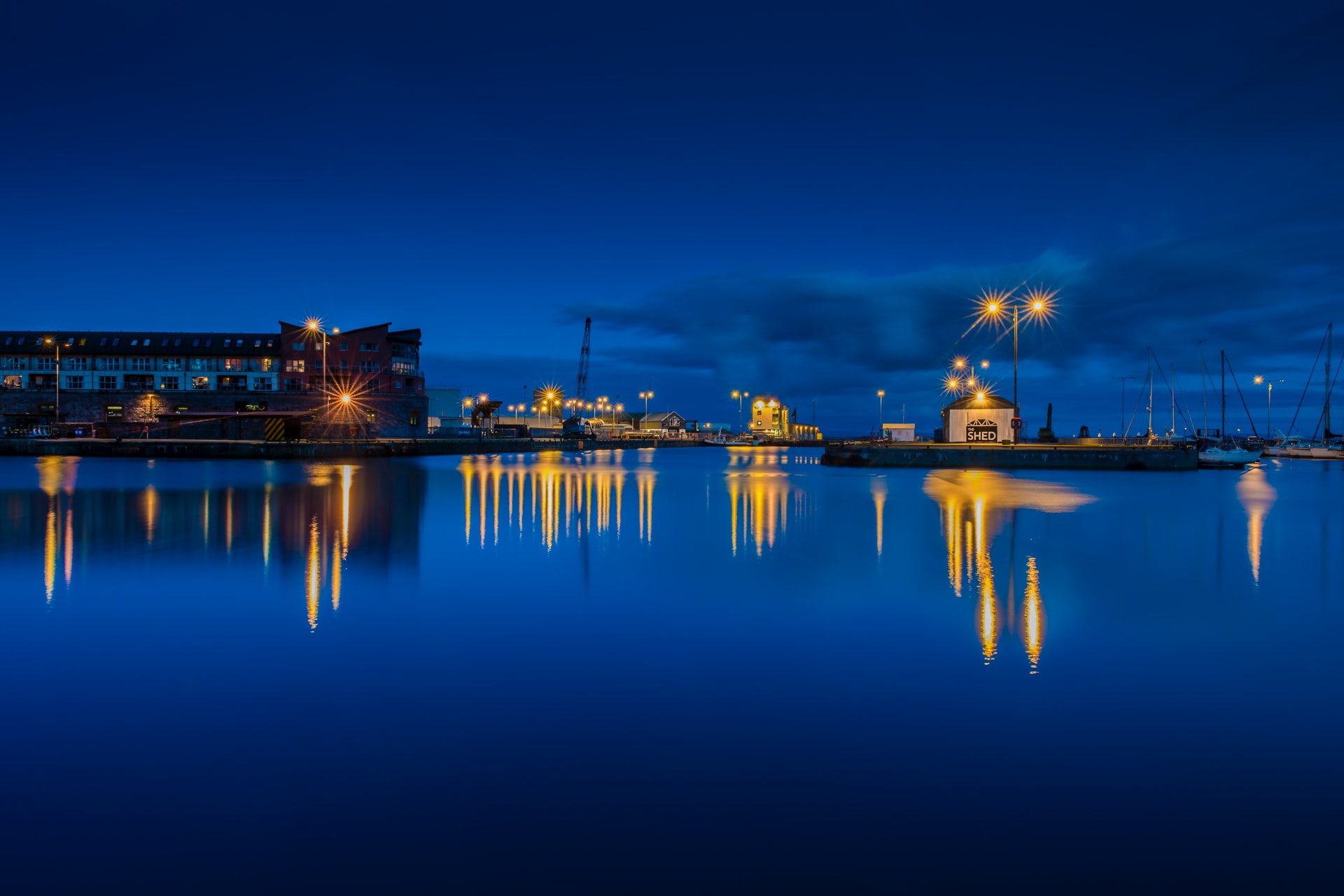
Black Virgin births her Sun yet pauses here.
Fresh foamy crucible for wedding seat.
While hollow stoney chest and mystery meet
cruel chaos of the Wisest kneads the air.
White hair above the cloud assembles where
I weigh the water in my hand and heat
each everpresence. Blood and milk complete
moonspring of wellness; heady, still and there!
Red bird world, lofty line when I compare
one open book, one closed, 'til visions greet
fine spansive step for searching eager feet.
Stout spectre new initiate! To share
twin salmon in a bag, and you eat
and wonder long and loose inside K street.
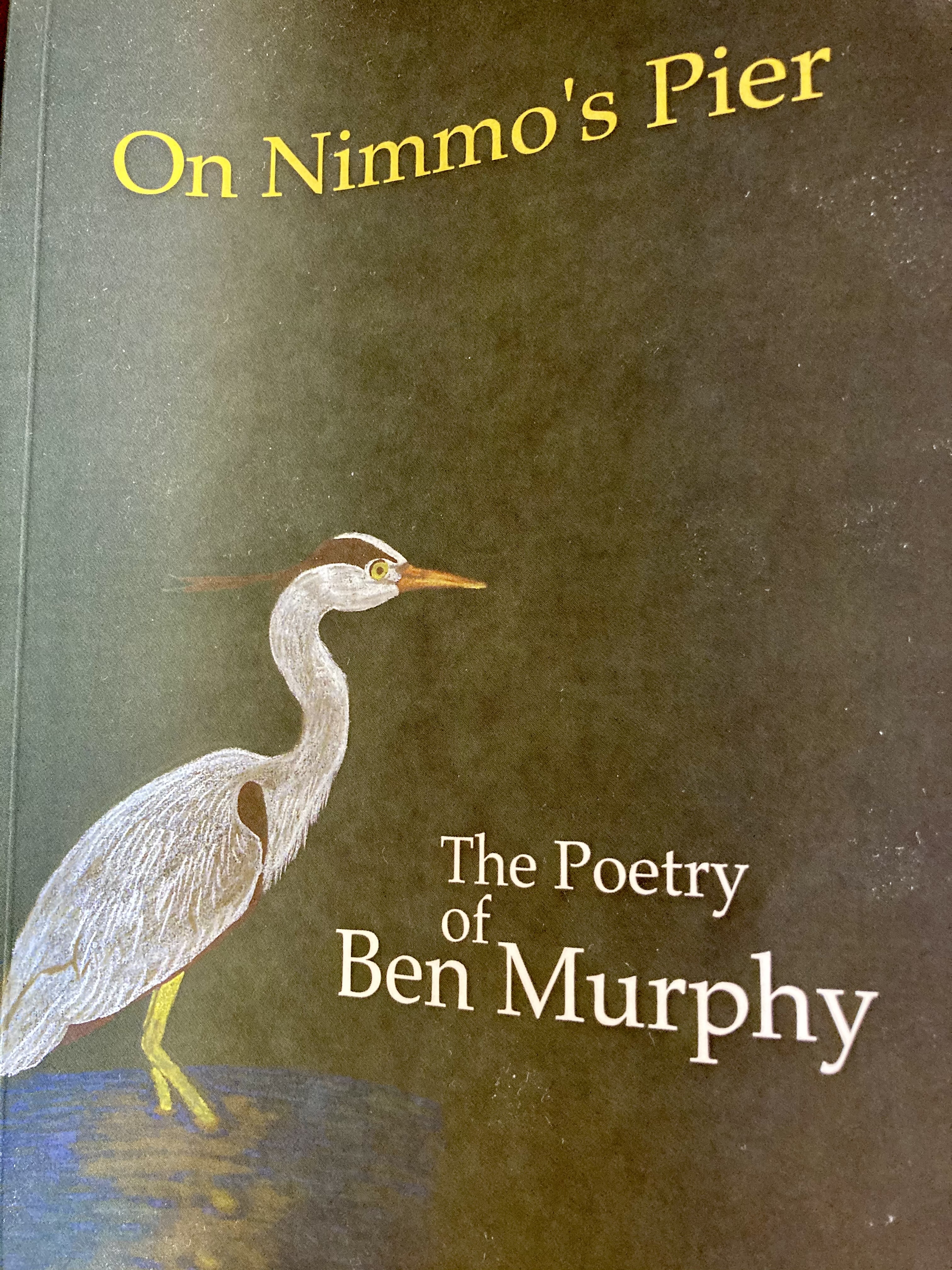
Ben Murphy was born in Galway city in 1950. He also studied music and poetry with the Jesuits.
Murphy's interest in music lead to him teaching music in Galway for years. His compositions, both musical and poetic
focus on the city of his birth, primarily on the Claddagh. He passed away in 2012, and is survived by his wife Bernie and two children.
His poems were published posthumously in 2018 in the collection On Nimmo's Pier. On a personal note, Ben Murphy is an
uncle of a good friend of mine. I included him in this project, because I was struck by his poetry and the joy he had for his hometown.
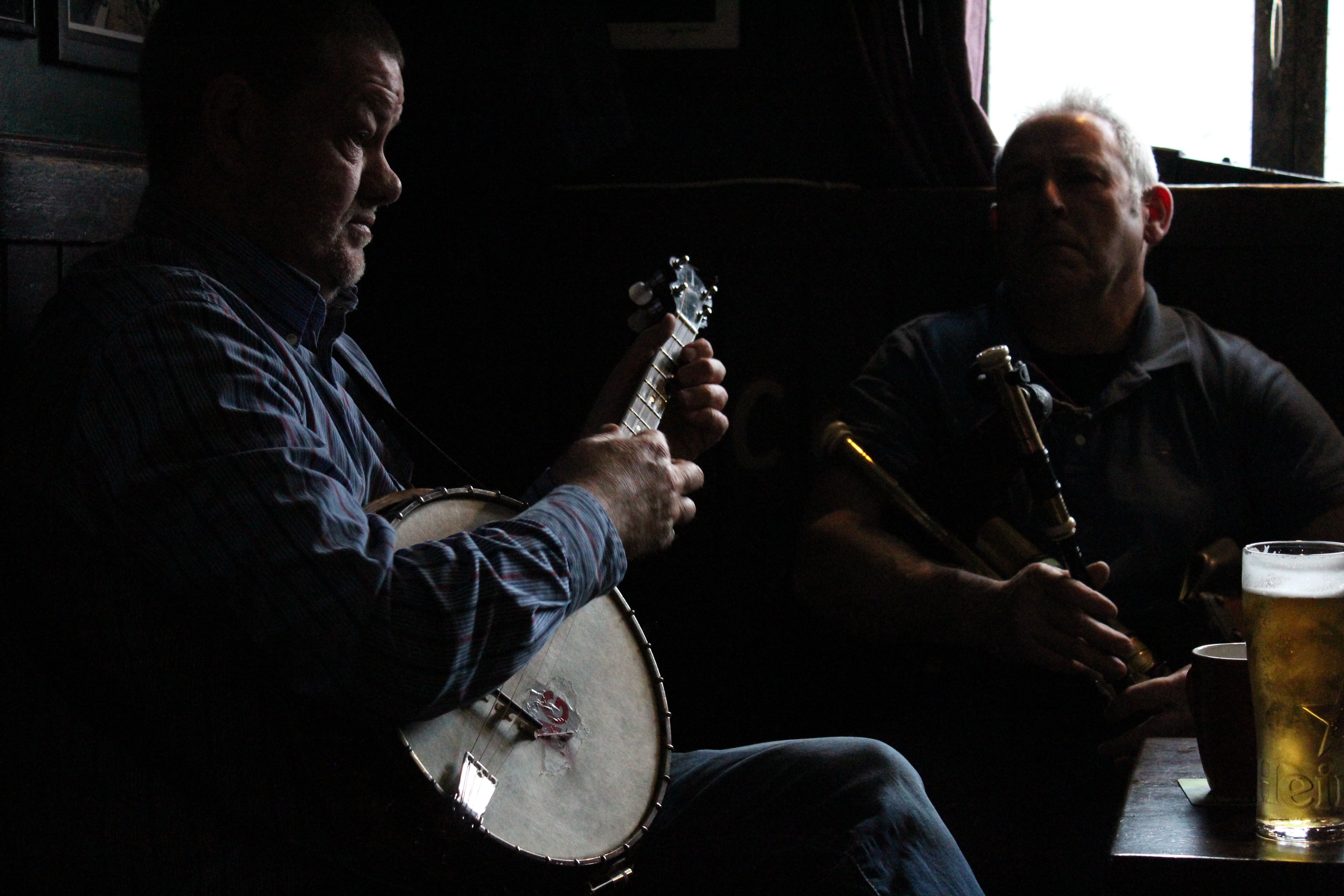
On a bank holiday Monday in Galway,
you can see old men
sitting on window sills in Prospect Hill.
Time is not a factor here,
only images pleasing and displeasing
to the men with tired hair.
Despite this easiness with life,
there is a waiting, a look out
in anticipation of something.
The looking up and down continues;
the awaited stimulus always comes.
Days it’s a young woman.
Streets it’s a fire.
Years it’s news of a tragedy in far off Dublin.
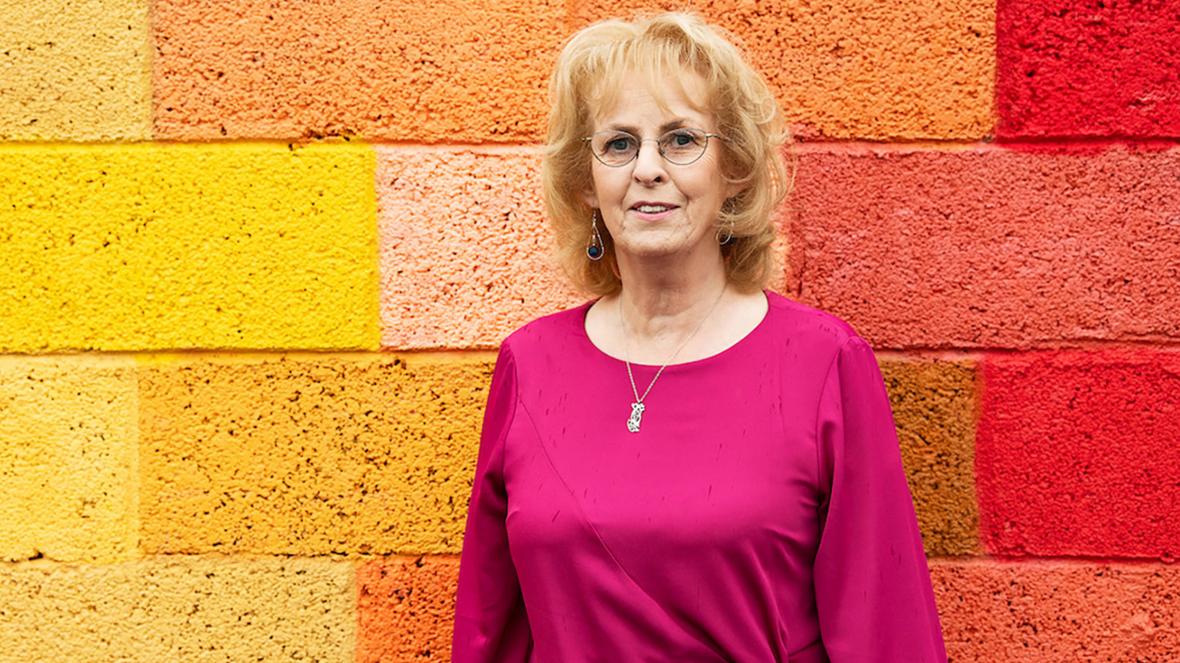
Rita Ann Higgins was born in Ballybrit county Galway in 1955. She attended Briarhill National School and Sisters of Mercy Convent, Galway
before leaving school at 14.
She married in 1973 and contracted tuberculosis shortly after the birth of her second child in 1977. Higgins read and wrote poetry while recovering
in a sanatorium.
In 1972, Higgins joined the Galway Writers' Workshop. Her first volume of poems was published in 1986 by Salmon Press. Since then, she's published
10 books of poems and 8 plays. She currently lives in Galway city and Spiddal.
Higgins' work is known for addressing economic and gender-based inequalitites. The influence Galway city can also be seen throughout her work.
'Men with Tired Hair' was chosen for this project because it's featured in Galwy's poetry trail.
Learn more about the author here.